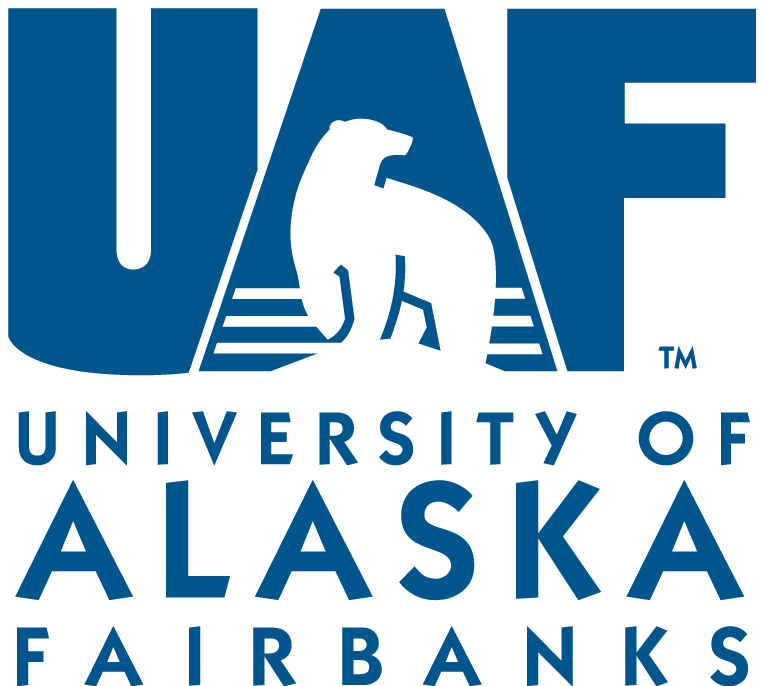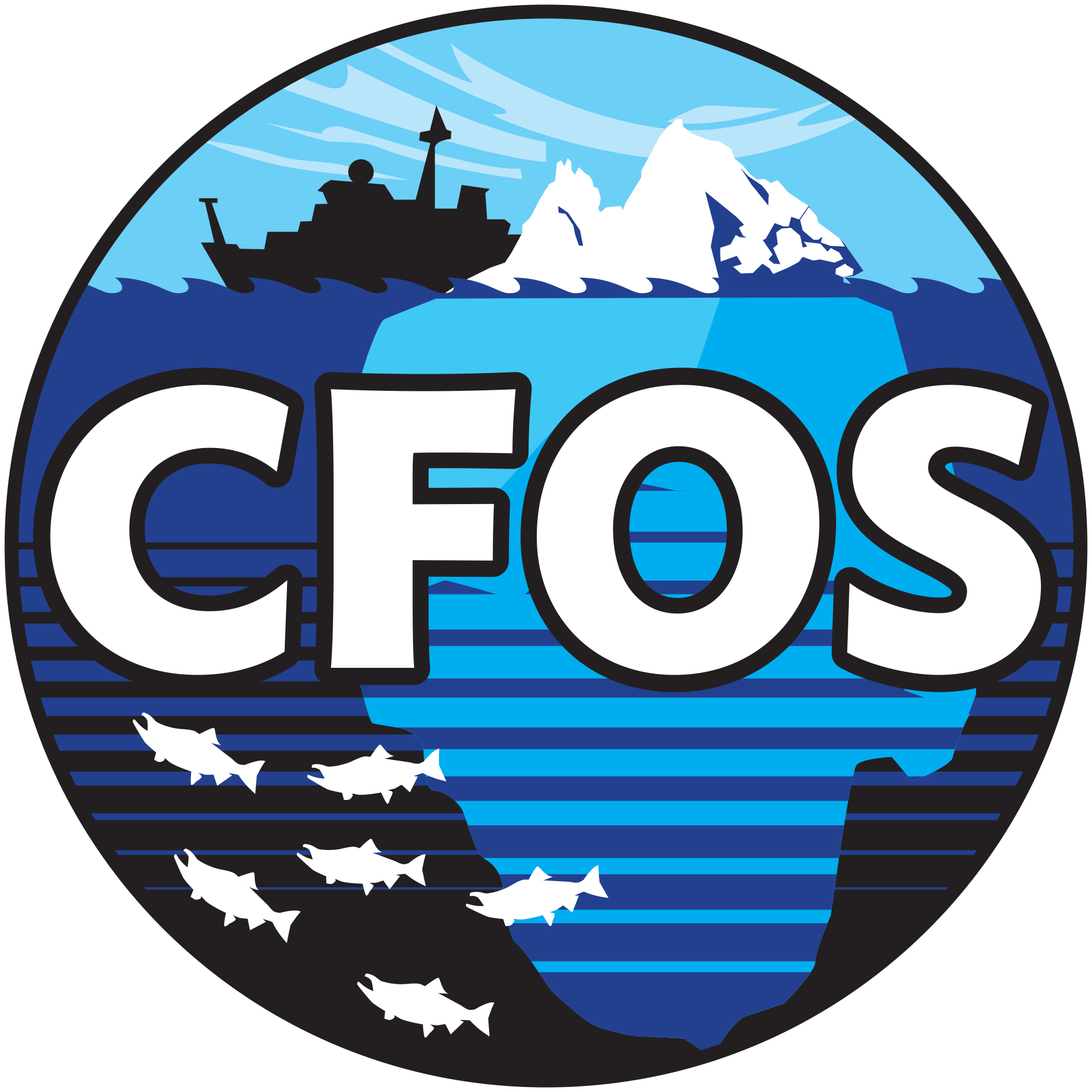The NOAA trawl survey of the southern Bering Sea has completed and preliminary results suggest lower abundances of pollock and cod than anticipated. The Cordova times recently released an article by Margaret Bauman with an interview of Lyle Britt, a research fisheries biologist with NOAA’s Alaska Fisheries Science Center in Seattle. Data collected suggest a warming trend and showed pollock collected much further north than expected. Researchers believe that this may be due to the lack of a cold pool that normally functions as a barrier to dispersal. Formal results have yet to be released, but if you are interested in Alaska Research Surveys a wealth of information can be found on NOAA's website.
PCCRC request for letters of intent (21 September 2018 deadline)
The Pollock Conservation Cooperative Research Center (PCCRC) at the University of Alaska Fairbanks announces an opportunity for funding of marine research in the North Pacific Ocean and Bering Sea. The PCCRC funds investigators and students doing research on pollock, salmon, and other groundfish species, and the fishing of and fisheries for these species. In addition, the PCCRC funds research on habitat and ecosystems associated with these species, fishery management, marine mammals, resource utilization, marine resource economics, and policy. Total funding set aside for this competition cycle is $300,000. Proposals of any size within this limit will be considered.
For more information regarding the LOI process and submission requirements view the full LOI solicitation.
For more information regarding the PCCRCs funding process (deadlines, research priorities, etc) visit our request for proposal page.
New work published by PCCRC research fellow Julie Nielsen
Julie Nielson recently published work on a method she and fellow researchers developed for characterizing activity and inferring survival of Pacific halibut based on accelerometer data from Pop-up Satellite Archival Tags (PSATs). The metrics developed in this project help researchers infer activity patterns and resultantly survival which may be extended to other species.
Nielsen, J.K., C.S. Rose, T. Loher, P. Drobny, A.C. Seitz, M.B. Courtney, and J. Gauvin. 2018. Characterizing activity and assessing bycatch survival of Pacific halibut with accelerometer pop-up satellite archival tags. Animal Biotelemetry 6:10. https://doi.org/10.1186/s40317-018-0154-2
Fork & Fin - Trident's food truck showcasing Alaska pollock
In 2017 Trident seafoods launched an engaging experiment to educate people about Alaska pollock. The food truck showcases pollock in a diverse array of dishes. You can find the tried-and-true 'Alaskan Beer Battered fish tacos' to the innovative 'Peanut Butter and Jelly Ultimate Fish Sticks'.
“Alaskan Pollock is the most abundant certified-sustainable seafood species in the world. Plus, it leaves a much lower carbon footprint on our planet than land based proteins, such as cattle and poultry. It is our mission to show the world how delicious this often over-looked, under-appreciated cousin to cod truly is – one serving at a time. ”
The truck operates all over Seattle and relocates daily! If you want to try delicious Alaska pollock you can locate the truck at the Fork & Fin website. Also you can take a look at their beautiful food on Instagram.
USDA is looking for Pollock suppliers for the National School Lunch Program!
The United States Department of Agriculture has solicited offers for Pollock products (514,800 pounds frozen bulk and 76,000 pounds breaded sticks), bound for the National School Lunch Program and other Federal Food and Nutrition Assistance Programs in Massachusetts, Virginia, Washington, New Mexico, and Ohio.
Pollock in the Press!
Alaska pollock was recently featured in an article by Laine Welch on Alaska Fish Radio! Alaska pollock remained the top fish catch in the world for the fourth consecutive year. More information can be found in The State of the Wold Fisheries and Aquaculture 2018.
PCCRC funded student Ben Williams successfully defended his Ph.D. dissertation
On 19 April 2018 Ben Williams successfully defended his Ph.D. dissertation entitled "The reproductive biology and management of walleye pollock (Gadus chalcogrammus) in the Gulf of Alaska". Ben was funded as part of Dr. Gordon Kruse's Walleye pollock maturity study. Dr. Williams works for the Alaska Department of Fish and Game in the Commercial Fisheries division.
One chapter from his dissertation examining the variability in maturity of pollock in the Gulf of Alaska is available here.
PCCRC funded student Tessa Minicucci successfully defended her Master's research
On Wednesday April 18th Tessa Minicucci presented her Master's research entitled 'Determining the effects of Asian pink (Oncorhynchus gorbuscha) and chum (O.keta) salmon on western Alaska chum salmon growth' in partial fulfillment of the requirements of the MS in Fisheries.
Information about her specific project including annual reports and presentations can be found here:
https://www.pccrc.org/research-projects-detailed-2#14-02
A recording of Ms. Minicucci's presentation is online and available here:
2017 PCCRC Symposium in Anchorage Alaska
On the 26th of January the PCCRC board and researchers from around Alaska gathered in the Quadrant room of the Captain Cook hotel in Anchorage Alaska. Principle investigators and their graduate students gave 30 minute presentations on the status of their projects. A total of 15 presentations (13 research projects and 2 graduate fellowships) were given on research topics ranging from zooplankton to salmon sharks!
This years symposium was held in Anchorage, Alaska.
Cheryl Barnes gives a presentation on her doctoral research entitled 'Ecological interactions among groundfish predators in the Gulf of Alaska'. Photo by Elizabeth Figus
PCCRC Symposium 26 January 2018
The PCCRC board will be convening in Anchorage, Alaska during the Alaska Marine Science Symposium to hear presentations (13 projects and 2 fellowships) on currently funded projects.













